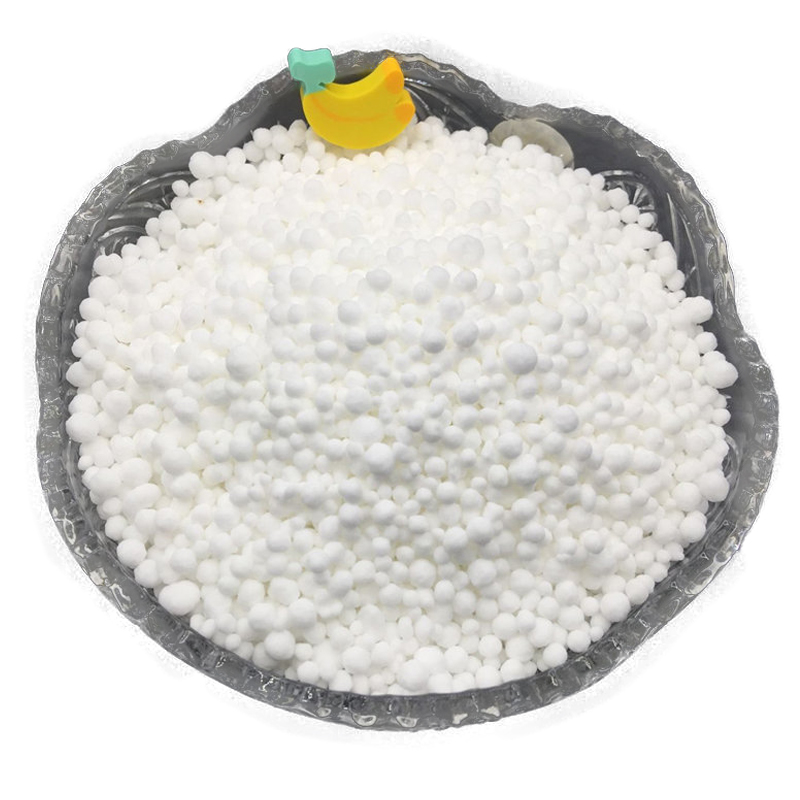
Aug . 30, 2024 13:10 Back to list
Urea Fertilizer 46-0-0 Manufacturer - High-Quality Nitrogen Solution
Urea, a nitrogen-rich chemical compound (46-0-0), is a vital ingredient in the fertilizer industry, widely recognized for its efficiency in promoting plant growth. As agriculture evolves to meet the increasing demands of global food production, the role of high-quality fertilizers like urea becomes more significant. This article delves into the importance of urea, its manufacturing processes, and its impact on agricultural practices.
.
The manufacturing of urea involves a chemical reaction between ammonia and carbon dioxide, typically derived from natural gas or coal. This process occurs under high pressure and temperature in a urea reactor, where ammonia reacts with carbon dioxide to form ammonium carbamate. Subsequently, this is transformed into urea through a series of dehydration steps. The final product is usually granulated or prilled to facilitate easier handling and application.
fertilizer urea 46 0 0 manufacturer

As one of the leading manufacturers of urea, companies invest in advanced technologies to enhance production efficiency while minimizing environmental impact. Innovations in production processes have led to higher yields from lower energy inputs, making the manufacturing of urea more sustainable. Furthermore, many manufacturers are exploring ways to reduce greenhouse gas emissions, aligning with global efforts to combat climate change.
The application of urea as fertilizer is not without challenges. The effectiveness of urea can be affected by factors such as soil type, moisture availability, and microbial activity. Proper management practices, including timing and method of application, must be employed to optimize its use. Additionally, the potential for nitrogen leaching can lead to environmental concerns, making it essential for farmers to implement best practices and follow local agricultural guidelines.
In conclusion, urea (46-0-0) plays a crucial role in modern agriculture, significantly contributing to crop yields and food security. Continuous advancements in manufacturing processes and responsible application practices will further enhance its benefits while addressing environmental concerns. As global demands for food production increase, the importance of high-quality fertilizers like urea will undoubtedly remain at the forefront of agricultural developments, ensuring a sustainable future for farming communities worldwide.
-
Premium Organic Manure Compost for Eco Gardens
NewsAug.01,2025
-
Organic 10-10-10 Fertilizer | Balanced Plant Nutrients
NewsJul.31,2025
-
Premium Amino Acid Fertilizer | Rapid Plant Growth Booster
NewsJul.31,2025
-
10 10 10 Fertilizer Organic—Balanced NPK for All Plants
NewsJul.30,2025
-
Premium 10 10 10 Fertilizer Organic for Balanced Plant Growth
NewsJul.29,2025
-
Premium 10 10 10 Fertilizer Organic for Balanced Plant Growth
NewsJul.29,2025
